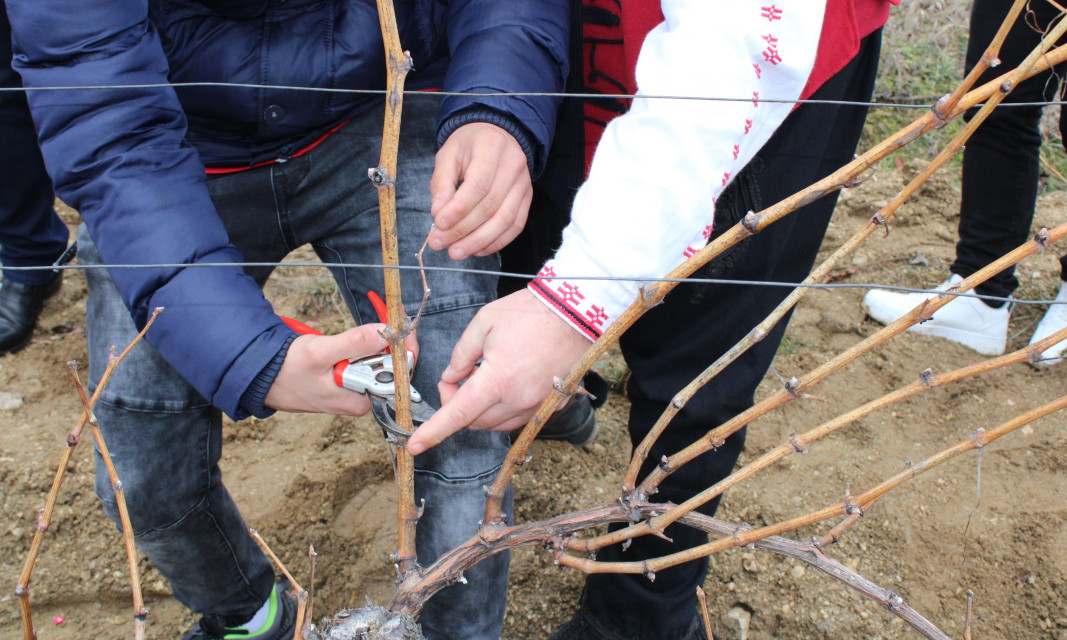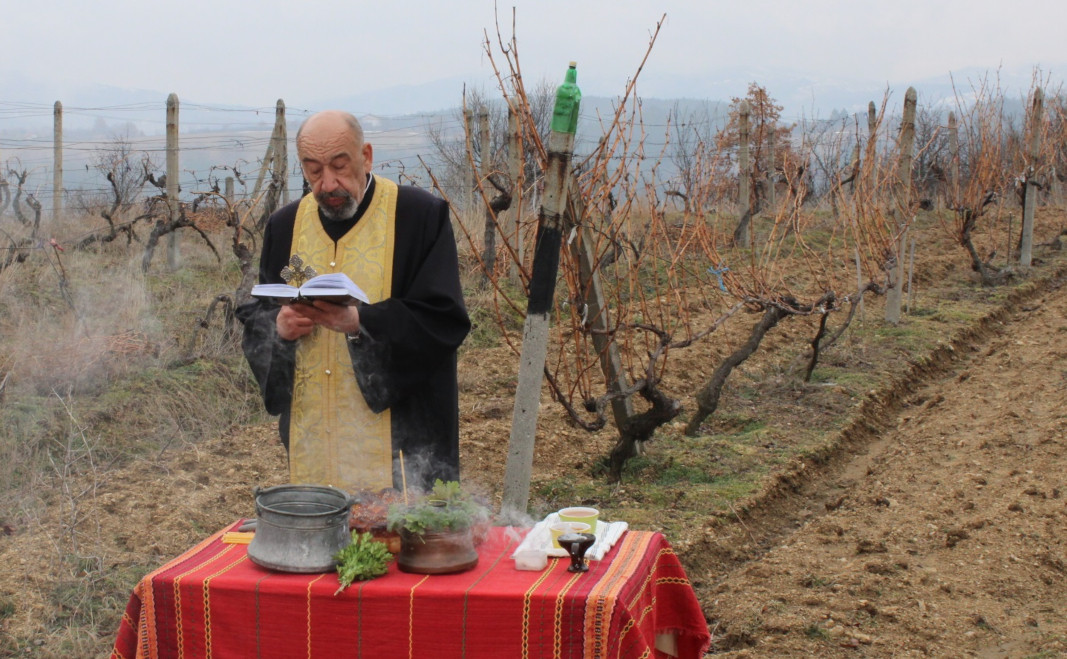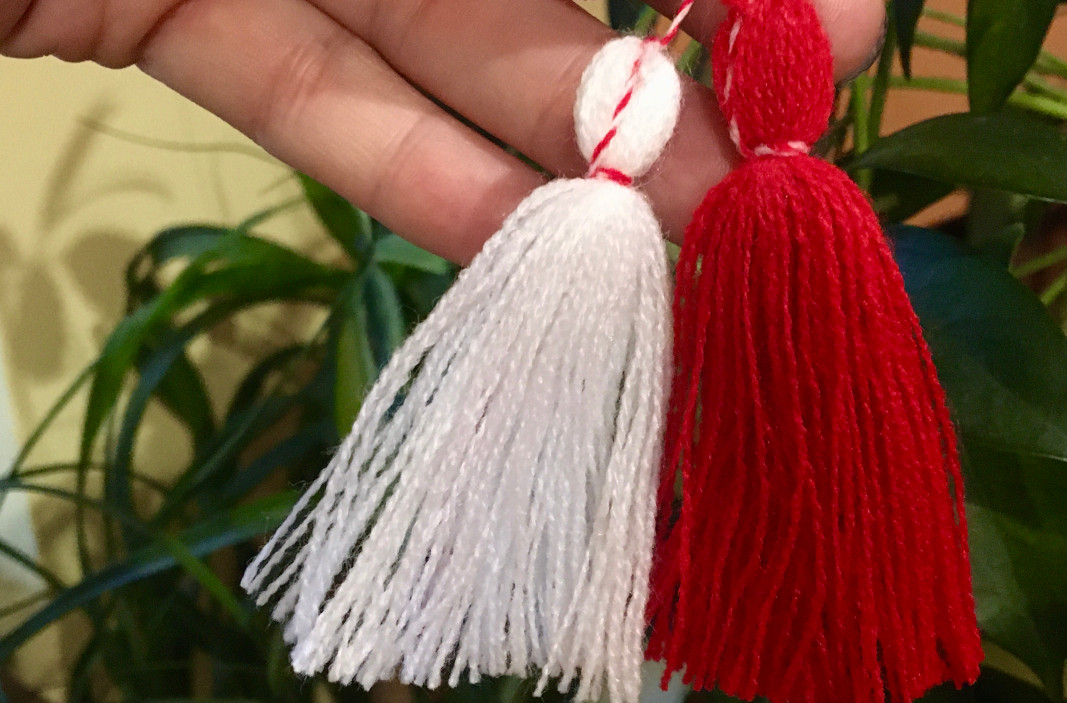Radio Bulgaria’s latest quiz about February 14, when the holiday of vine-growers and wine-makers (Trifon Zarezan, Trifon the Pruner) and Valentine’s Day are marked, divided the audience. A total of 474 people took part in our quiz published in ten languages. We asked you: “What is February 14 according to Bulgarian tradition?” 58% marked the correct answer-holiday of vine-growers and wine-makers. A day of love was the second most-common answer.

At Triforn Zarezan (St, Trifon’s Day), Bulgarians prune the vines and celebrate with plenty of wine and food. However, not everyone knows the origin of the traditional Bulgarian feast. According to the Orthodox Church, it is associated with the life of the Holy Martyr Tryphon of Campsada, who was born in 225 AD and died during the persecutions against Christians. According to ethnographers, the feast of Trifon Zarezan dates back to the times when the Thracians inhabited our lands and the ritual is associated with the spring celebrations in honor of Dionysius – the god of fertility, wine and sun. Thracian priests used wine in rituals as a symbol of unity between people and Gods.
Initially, Bulgarians celebrated the Day of St. Tryphon, honored as a patron saint of vine growers, wine makers and bar-keepers on February 14. After the introduction of the Gregorian calendar, in 1968, Bulgarians started to mark the church feast on February 1 and the Day of Vine-growers and Wine-Makers- on February14.

However, the two feasts have had a mutual influence on each other, all the more so given that St. Tryphon the Pruner is often depicted holding various pruning instruments.
Do not miss the opportunity to answer our new question connected with March 1, when Bulgarians traditionally exchange martenitsas (intertwined red and white thread) for sound health and good luck.

Compiled by: Diana Tsankova
Photos: BGNES and library
At the beginning of each year, The Bulgarian city of Razlog and the surrounding villages start feverish preparations for Babinden or Midwives’ Day. The holiday is dedicated to the “grannies” who helped women give birth. Every year it is celebrated on..
The Surva festival begins with the lighting of bonfires and mummers dancing the horo chain danie around the fires on the night of January 13-14. The power and timelessness of the masquerade tradition has led UNESCO to declare it a World Heritage..
Mummers from the neighborhoods of Bulgaria's town of Blagoevgrad, the neighboring villages and guests from Petrich paraded at a carnival in the regional town, as the sounds of hundreds of bells filled the town. For yet another year, the Mummers'..

+359 2 9336 661
